For all of us who work at ZOE, in any one of the 5 countries, we often cross paths with people who say, “I want to do something … what can I do?” Less often though, we see people who passionately embrace ZOE’s mission, combine it with their interests, skills or hobbies and then actually use it to influence their sphere. But when we do - it’s powerful!
Recently in Australia such a person came forth and reminded us again how everyone has something that they can do to bring awareness to the issue of ending child trafficking.
Meet Sharon! An ordinary, yet amazing, woman who is using her heart -- along with her hobbies and circle of influence -- to make a difference by helping children.
Not long ago, I asked Sharon a few questions and here’s what she had to say!
1) How did you hear about ZOE?
About 9 years ago, I became aware of child trafficking through another organisation that was setting up in Mozambique. (My husband and I were living there at the time.) But after a few years this connection waned. I first heard about ZOE through the Development and Advocacy Coordinator in Australia. He had been the senior pastor at a local church my family started attending maybe 20 odd years ago, and so his getting this position led me to check out your website.
I noticed you were involved in education and had developed a curriculum for year 10 students and are in the process of a curriculum for year 9 students and possibly primary school students. This sparked my interest even more as most of my time has been spent in ministry with children. I started reading Facebook posts on ZOE’s work, then was invited to be part of a ZOE prayer team. I’m excited to be part of an organisation that brings healing, transformation, hope and the good news of Jesus to vulnerable children.
2) What 'sparked' your ideas for both the dinner and the art work you're doing?
When I saw the delicious food being prepared from ZOE’s recipe book, I asked if I could purchase one. It was suggested, “How about I send you some books and you can maybe cook something from it and have a few friends over to talk about ZOE and its work.” My immediate response was, “I can do that!” So then began my planning for my ‘awareness afternoon tea.’ I’m now planning to host a second one in the near future.
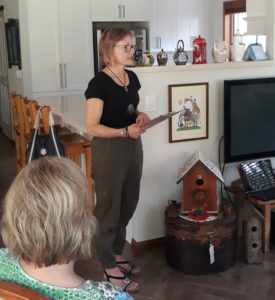
I’ve enjoyed sewing quilts and other projects for about 20 years and along the way, it’s been a pleasure to create things for other people and organisations. When I saw the ZOE colouring book, I thought this may be a way for me to do some creative work for ZOE. When I found out the drawings were done by some of the ZOE children and staff, well that was a bonus!
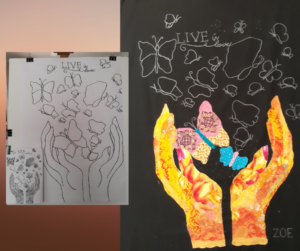
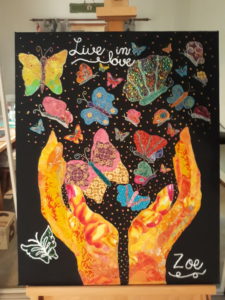 3) Why are you passionate about ending child trafficking?
3) Why are you passionate about ending child trafficking?
I’m passionate about ending child trafficking because it saddens me greatly that children, through no fault of their own, are subjected to terrible abuse and miss out on so many opportunities including to know unconditional love and the right to enjoy their childhood. NO child should have to endure what so many are ‘living’ through and that also includes working in factories/or on farms for little pay and not receiving a formal education. I have four children and one grandchild and am so blessed they have had and are still having many wonderful opportunities to grow, learn and flourish! I’m excited to be part of an organisation that brings healing, transformation and hope to vulnerable children.
I feel that prevention and education is the key for big changes in so many areas. If I can play a small part in making people aware of what is happening in our world, in our country, then it can be the start of a journey which others can take and pass on. Love the ripple effect!
*If you have a passion to end child trafficking and ideas on how you could use your interests, skills or hobbies to influence your sphere, then please reach out and discuss your plans with us.
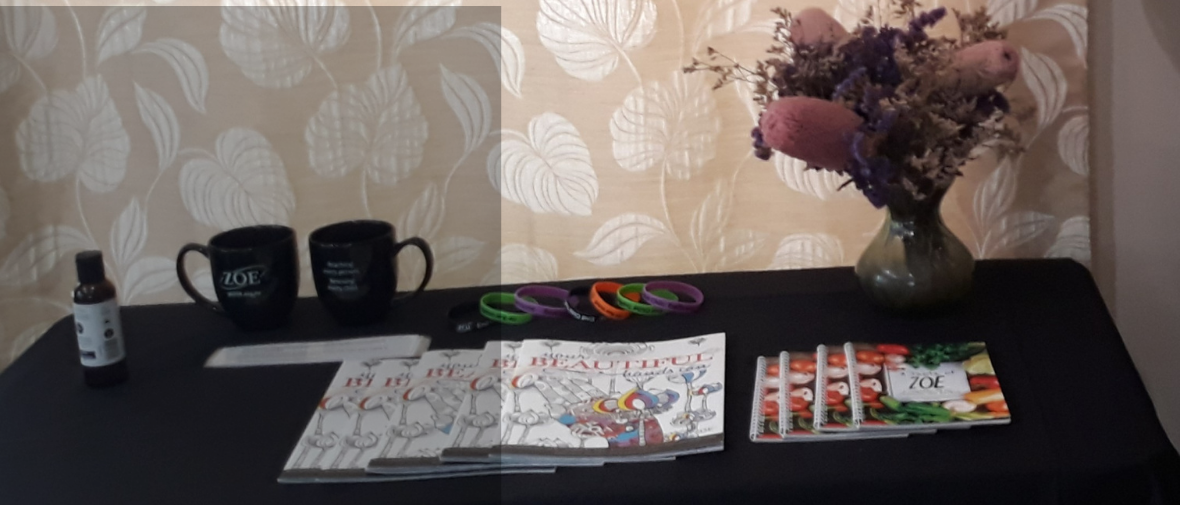

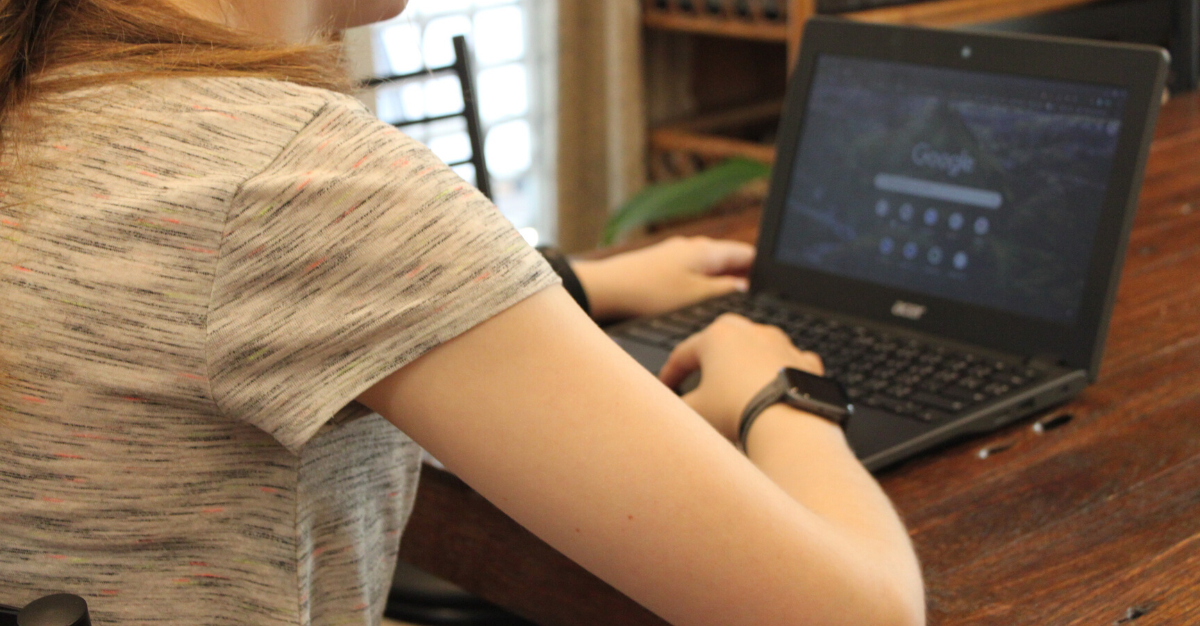
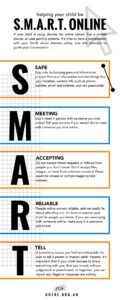 Work together with your child to establish internet guidelines. Don’t just give a list of “don’t do this or that,” have a conversation with your child, teaching them why. You may consider signing a contract with your child about the agreed upon rules for online use. We suggest covering these topics:
Work together with your child to establish internet guidelines. Don’t just give a list of “don’t do this or that,” have a conversation with your child, teaching them why. You may consider signing a contract with your child about the agreed upon rules for online use. We suggest covering these topics: